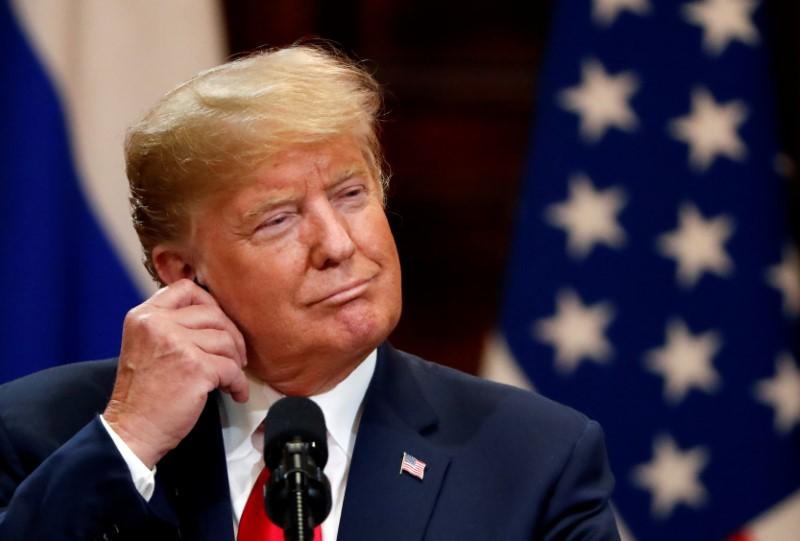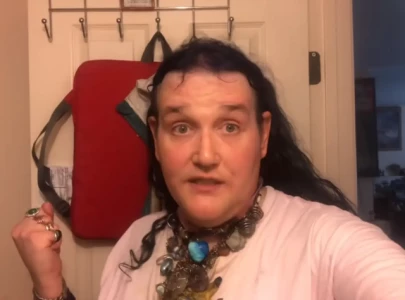
For far too long, the black community in the US has suffered. Their challenges have unfortunately gotten worse during the Covid-19 pandemic. African Americans in cities from New York to Detroit have been h it much harder than other communities and their lack of access to quality care has become too obvious to ignore for anyone. At this time, what is needed is not just thoughts and prayers — a mechanical response from leaders and citizens around the country — but a genuine commitment to reform, a robust plan to fix what is broken, and leadership that is clear in its moral values. Unfortunately none of that is available at hand. Instead, there is a painful moral vacuum, a blame game from the highest office in the country, and an ill-fated decision to quit WHO.
The moral vacuum is not just in the federal leadership in the US, it trickles down all the way to individuals and institutions, both within the US and abroad. It is in all of us. Some of my friends in Pakistan are concerned about the black community, others are gloating at the chaos that ensues in US streets and are calling it a retribution for the War on Terror. Within the US, the Pakistani community has been quiet, perhaps oblivious to the world around it, too occupied in the celebrity cheating scandals in Pakistan. That oblivion is sign of a moral vacuum.
US is not the only country with a privileged class that seems indifferent to the suffering of those who are less fortunate. For comparison, see the response of the government to the recent air crash with that of the train incident in Rahim Yar Khan a few months ago. Both were terrible, preventable tragedies. Both losses are immense and painful. Both require deep introspection about a culture of safety that just does not exist. But the train crash was so much easier for the government to move on from. Those lives were less valuable. Even a cursory comparison of the news cycle about the two incidents tells one that people are neither equal when living, and certainly not equal in death.
In many ways, the world around us has changed immensely. As our social interactions have changed, our appreciation for human connection is heightened. We have also appreciated that despite the borders across nations, there is a lot in common among us. A single virus can affect the entire planet and bring all our lives to a standstill. Yet, there are other boundaries within society that seem to be standing just as tall, sharp as ever. And it is the height of these boundaries of privilege and injustice that will ultimately define the future of our humanity.
Published in The Express Tribune, June 2nd, 2020.
Like Opinion & Editorial on Facebook, follow @ETOpEd on Twitter to receive all updates on all our daily pieces.




1732538123-0/BeFunky-collage-(90)1732538123-0-165x106.webp)







COMMENTS
Comments are moderated and generally will be posted if they are on-topic and not abusive.
For more information, please see our Comments FAQ